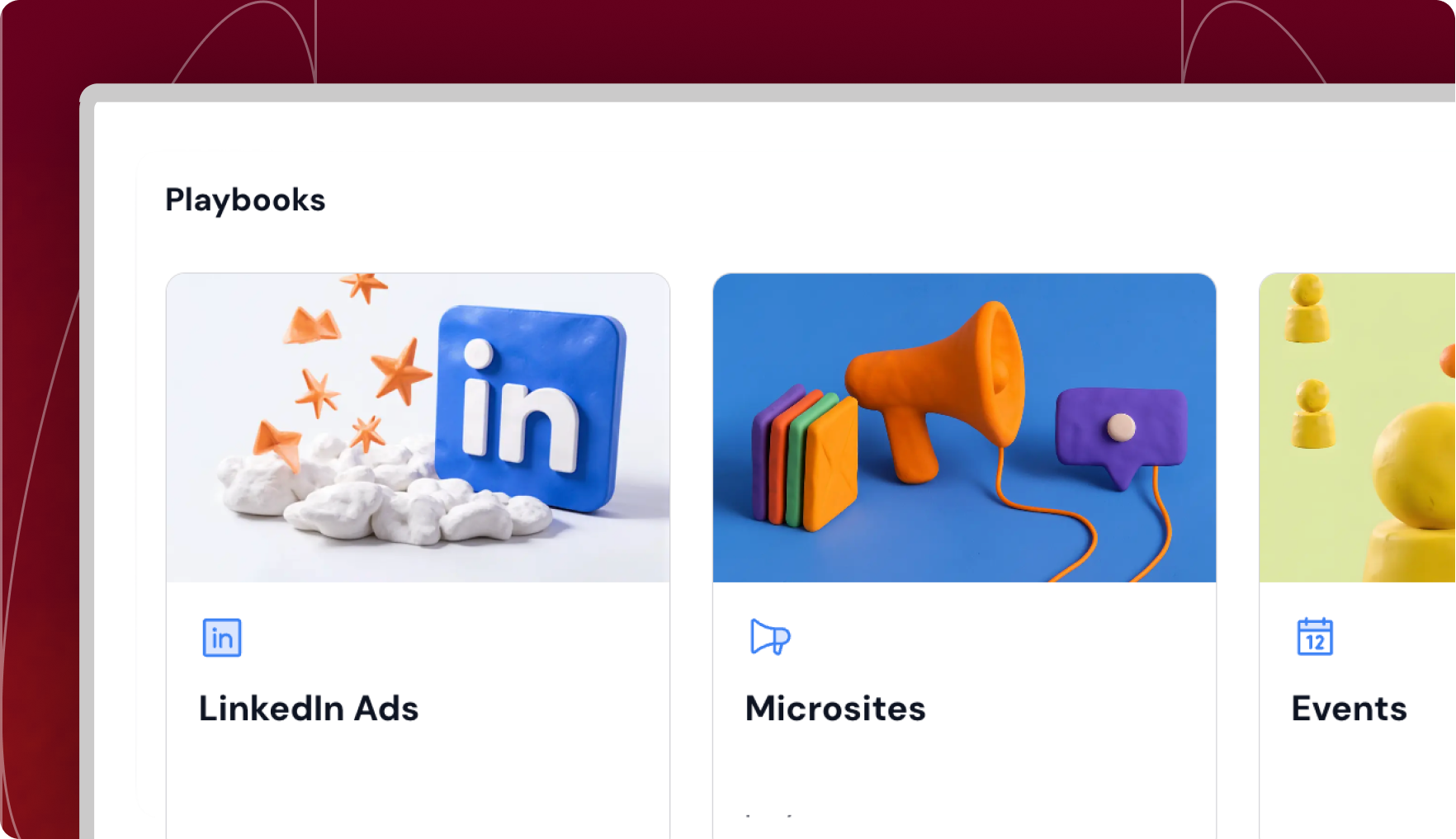Feeling lost in a sea of generic online content? Personalization could be the solution for you. By customizing your online experience to fit your preferences and needs, you can enjoy a more engaging and relevant browsing experience.
Tailored recommendations and customised user interfaces are just some of the ways personalization can enhance your time online. Elevate your online experience by learning more about the benefits of personalization in this article.
What is Personalisation in Online Experience?
Defining Personalisation
Personalisation in online experiences means tailoring the customer journey to meet each customer's needs and preferences. This involves using data and algorithms.
Retailers like Nike and Sephora use customer data to provide personalised recommendations. This enhances the overall customer experience.
Personalisation can boost conversion rates and loyalty programmes. For example, Garanti BBVA and Chāmpo have seen success with personalised online shopping and content personalisation.
In retail, especially on platforms like Amazon and Grocer, personalisation is vital for creating relationships with customers. This is achieved through personalised experiences, product recommendations, and messaging.
Retailers analyse shopping history and buying decisions to create effective personalisation strategies. For instance, Starbuck's bestseller lists and Philips' concierge service demonstrate successful personalisation efforts.
Benefits of Personalised Customer Experience
Personalised customer experience is important in the retail and e-commerce industry. It helps to drive customer loyalty and make customers happier.
Retailers like Nike and Sephora use customer data to suggest products based on what customers like and buy. This not only boosts sales but also makes online shopping better.
Companies like Grocer and Amazon use personalisation to create loyalty programmes that keep customers interested. Brands such as Chāmpo and Philips use algorithms and AI to offer personalised experiences like content choices and video chat support. This helps to increase sales and make personalisation successful.
By providing services like concierge and messaging on platforms such as Spotify and Stitch Fix, companies can build personal connections with customers. This influences their shopping choices.
Brands like Pull&Bear and Starbucks enhance customer satisfaction and keep customers by personalising emails and sharing user-generated content.
Why Personalisation Matters in Retail
Enhancing Online Shopping Experiences
Personalised recommendations make online shopping better. They suggest products based on what customers like. This makes shopping easier and more fun.
Retailers like Nike and Sephora use data to give personalised suggestions. This makes customers buy more and keep coming back.
Content personalisation, product suggestions, and customised journeys make online shopping more exciting. Personalisation is important for selling things online. It helps brands connect with customers and make more sales.
Companies like Grocer and Amazon use algorithms for personalisation. Email personalisation and concierge services make the experience even better.
Personalisation is crucial for online retail success. It helps online shopping grow in the digital world.
Driving Sales Through Personalisation
Businesses in the retail and ecommerce industry can boost sales by using personalization. They can leverage customer data to offer tailored product recommendations.
Retailers like Nike and Sephora use shopping history and preferences to suggest products. This enhances the customer experience.
Strategies such as content personalisation and recommendation algorithms can increase conversion rates by curating relevant items for individual customers.
Personalized email campaigns, like loyalty programs by companies such as Garanti BBVA, can drive sales and foster long-term customer relationships.
Brands like Chāmpo and Philips offer personalized online shopping experiences. They use tools like concierge services and generative AI to improve customer service.
Understanding the customer journey and tailoring messaging through video chat and email personalization can significantly impact buying decisions and drive online sales.
Successful personalization, like with Spotify and Stitch Fix, can lead to increased conversion rates and customer loyalty.
The use of personalization in online retail, as seen with brands like Pull&Bear and Starbucks, is a proven method to drive sales and enhance the shopping experience.
Strategies for E-commerce Personalization
Implementing Customized Ecommerce Experience
Businesses can create better online shopping experiences by using customer data. This data includes shopping history and preferences. Companies like Nike and Sephora then suggest products tailored to each customer. This personal approach improves the shopping experience and boosts sales. Businesses like Grocer and Amazon use algorithms to recommend products based on past interactions, leading to higher conversion rates.
Utilising Personalised Recommendations
Businesses can improve the online shopping experience for customers through personalised recommendations.
They achieve this by using customer data and algorithms to offer tailored suggestions.
For instance, companies like Nike and Sephora use customer data to provide product recommendations based on individual preferences.
This tailored approach can boost conversion rates and enhance customer satisfaction.
Similarly, online giants like Amazon use personalised recommendations to assist customers in making informed buying choices, leading to increased online sales.
Other companies like Philips and Pull&Bear also succeed in personalisation by customising content and emails for individual customers.
Effective use of personalised recommendations can drive sales and loyalty, as demonstrated by brands like Starbucks and EasyJet integrating personalised experiences into loyalty programs and concierge services.
Curating Relevant Products for Customers
Businesses use data-driven strategies to curate products for individual customers. Retailers such as Nike and Sephora analyse customer data to offer personalised product recommendations. This tailored approach increases the chance of conversion and provides a unique shopping experience.
Companies like Amazon suggest products based on a customer's online journey, while grocery retailers like Garanti BBVA use data for loyalty programs. Brands including Chāmpo and Pull&Bear enhance the customer journey with content personalisation.
Companies like Spotify and StitchFix offer concierge services through messaging and video chat, influencing customers' buying decisions. Email personalisation and user-generated content, as seen with Starbucks and EasyJet, can further improve the customer experience and boost sales.
Successful personalisation, as demonstrated by Philips and Starbucks, not only drives sales but also builds customer loyalty.
Improving Digital Customer Experience
Creating a Personalised Ecommerce Website
Personalisation is very important for ecommerce websites.
Retailers such as Nike and Sephora personalise customer journeys. They analyse shopping history to offer product recommendations, similar to Amazon.
Grocers like Garanti BBVA personalise content using data, while brands like Chāmpo use generative AI.
Loyalty programs, like Philips or Pull&Bear, also enhance the online shopping experience.
Brands like Starbucks and EasyJet offer email personalisation and video chat for real-time customer service.
Stitch Fix and Spotify use algorithms for recommendations, and Hipvan provides a concierge service.
Successful personalisation relies on data-driven approaches and innovative techniques to boost conversion rates and customer engagement in online retail.
Enhancing Digital Shopping Journey
Implementing personalized recommendations and curated products can greatly enhance the digital shopping journey for customers.
By using customer data and algorithms, retailers like Nike and Sephora can offer tailored product suggestions based on a customer's shopping history.
This personalization makes online retail more engaging, similar to how Spotify and Stitch Fix suggest music or clothing items.
Personalization significantly boosts sales and improves customer satisfaction.
Grocer and Amazon have increased conversion rates by providing personalized experiences through loyalty programs and concierge services.
Generative AI used by companies like Philips and Pull&Bear can further boost customer service by offering personalized content and recommendations.
Integrating personalization in every step of the customer journey, from initial recommendations to post-purchase messages, is vital for a successful online shopping experience.
Customer satisfaction is Garanti BBVA's top priority.
Enhancing Customer Service with Personalisation
Implementing Consultative Customer Service
Implementing consultative customer service involves a few key steps:
- Retailers actively listen to customers.
- They understand their needs.
- They provide tailored solutions.
For instance:
- Online grocers like Amazon use customer data for personalised product recommendations.
- This boosts sales and customer satisfaction.
Strategies for personalising email campaigns include:
- Using algorithms to analyse data.
- Sending targeted content to individuals.
For example:
- Nike and Sephora engage with loyalty program members this way.
Personalised recommendations enhance the customer experience by:
- Guiding users through their online shopping journey.
Garanti BBVA uses generative AI to offer personalised financial advice.
By adopting successful personalisation strategies:
- Companies like Philips and Pull&Bear can boost conversion rates.
- They can strengthen customer loyalty.
Starbucks offers concierge service through their app.
Airbnb assists customers in making purchasing decisions through messaging and video chat.
Brands like Chāmpo and EasyJet use content personalisation to:
- Make their online shopping experience more engaging and interactive.
Personalising Email Campaigns for Customers
Personalised email campaigns in retail and ecommerce can greatly improve the customer experience. Retailers like Nike and Sephora use customer data to provide tailored content and product recommendations. This not only boosts sales but also builds customer loyalty.
Companies such as Garanti BBVA and Amazon have effectively integrated personalisation in their online retail spaces. Through algorithms and customer service tools, brands like Philips and Starbucks offer a concierge service, replicating the personalized in-store experience.
Tailoring emails based on shopping history, preferences, and user-generated content enhances customer engagement and increases conversion rates. Incorporating personalized experiences like video chat or messaging platforms strengthens the bond between the brand and the customer.
Using generative AI, as demonstrated by Chāmpo and Spotify, offers personalised recommendations and bestseller lists, influencing buying decisions and enhancing the overall customer experience.
Personalisation for Ongoing Success
Personalisation in online retail is crucial for success. It enhances customer experiences, drives sales, and builds loyalty.
Retail giants like Nike and Sephora use customer data to offer personalised product recommendations, tailored content, and a seamless shopping journey.
Businesses analyse individual shopping history and preferences to create a customised experience. This approach boosts conversion rates and fosters loyalty.
Grocers such as Amazon and Garanti BBVA employ algorithms to offer personalised recommendations and concierge services, improving the overall customer journey.
Companies like Philips and Pull&Bear leverage generative AI and user-generated content to deliver unique experiences.
Effective personalisation, as seen with Starbucks and EasyJet, increases online sales. It also fosters long-term customer retention through personalised messaging and loyalty programmes.
By continuously evolving their personalisation strategies, businesses can adapt to changing consumer preferences and ensure ongoing success in the competitive online marketplace.
Key takeaways
Personalization can make online experiences better by showing content based on individual preferences. This includes using data to give targeted recommendations and personalised offers. This can boost engagement, satisfaction, and brand loyalty. Businesses using personalization can create a more fun and interactive online space for users.
Generated £1.3M pipeline by focusing on UTM parameters personalisation.


Generated £1.3M pipeline by focusing on UTM parameters personalisation.







